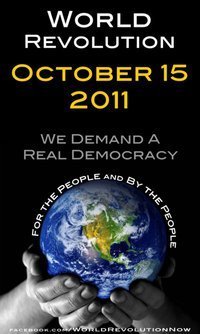
1. Culture and knowledge for classless societies is networked in process!
Networked Labour University is designed as an educational module to be integrated with a broader network composed of Global Networked Labour Union, Networked Labour Research unit, and networked labour coop GNLU. Tied to a greater ecology of universal, free and open access community projects, such as Faircoop, the Earth Cooperative, all our projects aim mutual empowerment at the bottom level. Unconditional empowerment of the dis-empowered, excluded, and oppressed with direct solidarity is the reason why we exist for. Our platform is designed to liberate knowledge from alienation and domination of any kind at the point of production and distribution. In order to enable money-free access to most essential cultural resources we rely on free/libre, open source software, but the platform also aims to facilitate broader solidarity economy by encouraging and enabling open-cooperative exchanges between participants.
Our invitation is an wide open one, anyone can join and contribute by offering and taking courses, moderating circles or skill shares, helping out with web design, platform development, promotion, or any other way!
2. Networked Labour University Opening Meeting
Date: 7 May 2015
Time: 14.00 – 17.00 (ECT / UCT+1)
Check-ins (14:00 – 14:15)
Opening and presentation of the system (14:15 – 15:00)
Networked Labour University and Worker to Worker Study Circles
Discussion (15:15 – 16:45)
How to use cross-border communication and which digital tools to build commons knowledge, culture, politics, and economy for the classless society and from the oppressed point of view?
Closing and Check-outs (16:45 – 17:00)
Access: Participation is on-line, open and free. What you need to do to is to open an account on the website below and to selfenrol for the event before. Working languages are English/Turkish
Website: networkedlabour.networg.nl/moodle
Email: networg@networg.nl




 will be held from Monday 7th – Friday 11th July 2014 at Northern College in Barnsley, UK. The aim of the Summer School is to bring together trade union activists from around the world to debate and question what are, and what should be, the politics of the international trade union movement.
will be held from Monday 7th – Friday 11th July 2014 at Northern College in Barnsley, UK. The aim of the Summer School is to bring together trade union activists from around the world to debate and question what are, and what should be, the politics of the international trade union movement. by
by  All the fists of the world are GNUniting!
All the fists of the world are GNUniting!





 * Definition.
* Definition.